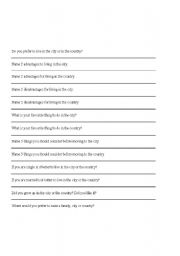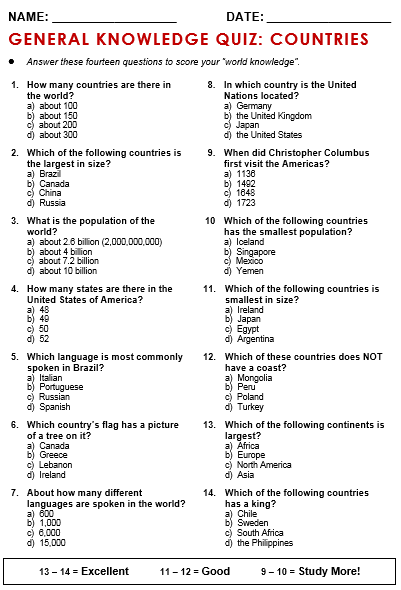

You can look at our feedback page so that you can know from which countries our students are. In English Everyday program, you have support and also you have student chat where you can speak with other students from all around the world. T here is a calendar of scheduled lessons so you can see when lessons are and at what time you can join

You have live lessons where you can join every day. It’s important to remember the prepositions of place when we answer the question “where do you live?”Įnglish-Everyday is an English course with live lessons for English learners who want to improve their English with native speakers, professional teachers, and students from around the world. “I’m living in America (but I’m expecting this situation to change in the future.) If we use the present continuous tense, then it implies that the situation is temporary. This situation might change in the future, but I have no plans to change this situation at the time of speaking. The present simple tense implies that I am not planning on leaving America any time in the present or near future. It means that this is true now and for the foreseeable future. We use the present simple tense to ask about permanent and unchanging situations. Grammatically, the best way to answer this question is with the present simple tense. How to Anwer in English on Where Do You Live Answer If we want to ask about someone’s temporary accommodation while on holiday, we would ask “where are you staying?”

The question can refer to your country, province, city, suburb, or street address. The answer depends on the context of the question. “Where do you live?” asks about the location of your permanent home. Meaning of The Question Where Do You Live If you have the same problem you can check our free seminar.

Sometimes people have problems answering this question, no because they don’t know what it means, but because they have an English communication barrier and they have problems speaking English even if they know grammar. This question can be used to ask about any (or all) of these places. We live in a house, apartment, or flat, on a street, in a city, in a state or province, and in a country. We use ‘live’ to talk about our permanent home and ‘stay’ to talk about temporary accommodation. In the English language ‘Live’ means ‘to make a particular place our home.’ It is the place where we return to sleep, cook, and live.


 0 kommentar(er)
0 kommentar(er)
